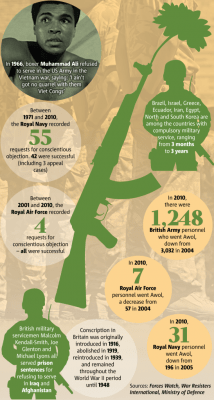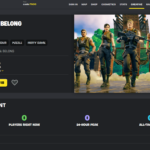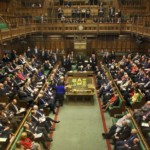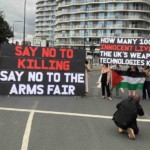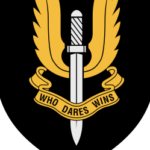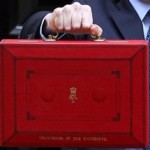Conscience and the military
Ekklesia
Armed forces chaplains play a crucial role in providing pastoral support to people who face danger and death on a daily basis. But chaplains’ independence is compromised by the fact that they are members of the forces themselves.
A retired army chaplain told me a story he knew about a wounded soldier in the Korean War. The soldier was told he had less than two hours to live, and someone sent for the nearest chaplain, a Baptist.
The chaplain talked with the wounded man about families and football, but the man said desperately, “Talk to me, padre, talk to me”. The chaplain continued to chat, before the soldier again said, “Talk to me, padre, talk to me”. Somewhat confused, the chaplain asked the soldier want he wanted to talk about. The man shouted “I’m dying, you bloody fool! You’re supposed to talk to me about God!”.
The anecdote illustrates one of the peculiarities of miltiary chaplaincy. Unlike most ministers, armed forces chaplains often serve people who face the danger of death on a daily basis, in a way unimaginable to most of us. Pastoral care is vital for members of the armed forces.
While admiring chaplains’ bravery and dedication, this should not stop us recognising the problems with the way military chaplaincy is structured. Chaplains do not only serve the forces – they serve in them. They take officer ranks and swear oaths of allegiance to the monarch. The position of chaplains is compromised by the loyalty they pledge to the state.
See more: conscientious objection, chaplains
Bringing it up to date: 100 years on from the First World War
This article, summarising ForcesWatch work, was first published on the White Feather Diaries website.
The price of pacifism: Refusing to go to war is finally being recognised as a brave act
From the Second World War refusenik to the 19-year-old Israeli, Holly Williams talks to five people who risked shame and suffering to take a stand as conscientious objector.

